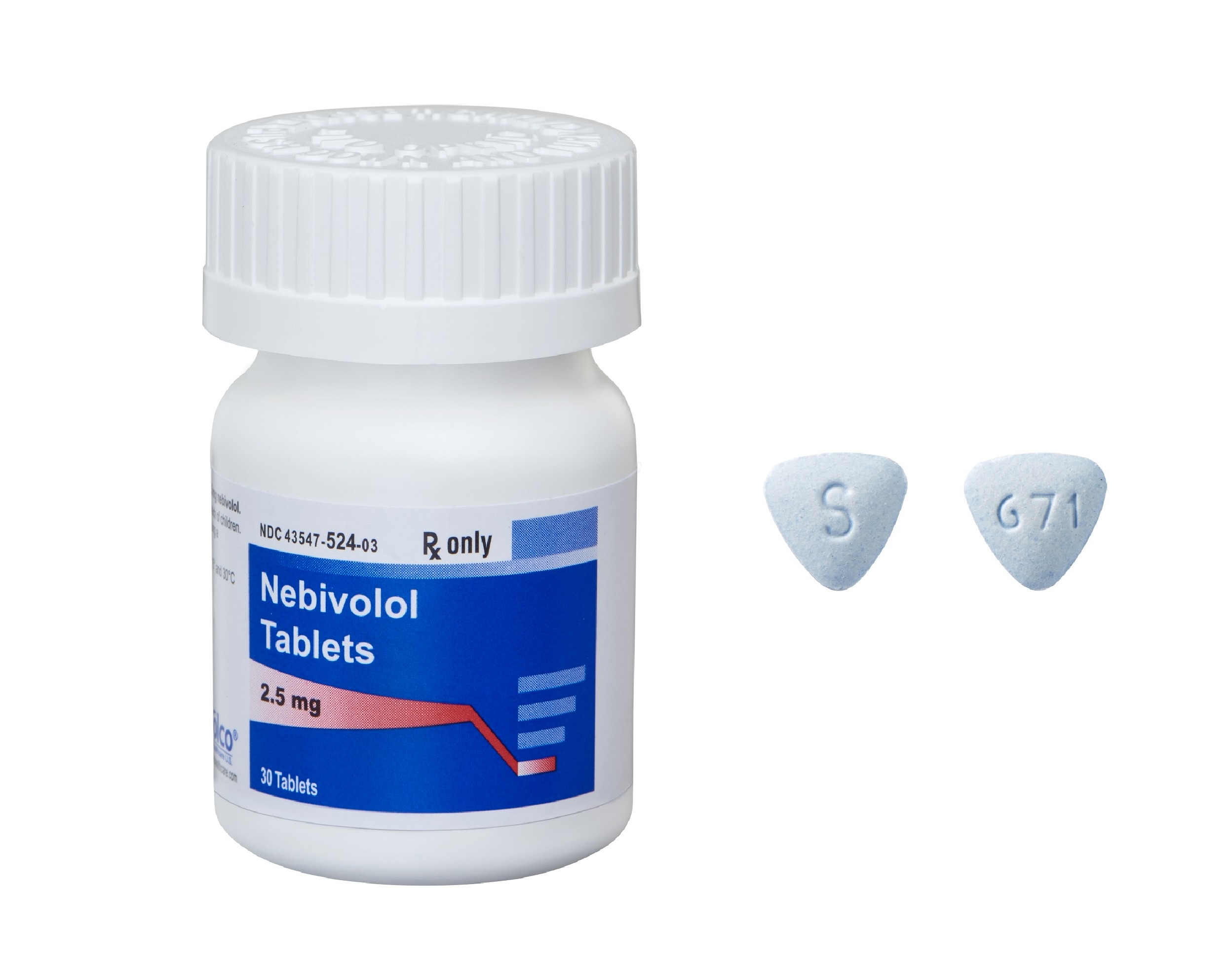Bystolic: Health Benefits & Risks
What are the health benefits of Bystolic?
Bystolic is a brand name for the drug nebivolol, which belongs to a class of medications known as beta-blockers. It is primarily used to treat high blood pressure (hypertension). Some of the health benefits of Bystolic include:
- Lowering blood pressure: Bystolic helps lower blood pressure by blocking the action of certain natural substances that constrict blood vessels, thereby allowing blood to flow more easily and reducing the workload on the heart.
- Reducing the risk of cardiovascular events: By lowering blood pressure, Bystolic can help reduce the risk of serious cardiovascular events such as heart attack, stroke, and heart failure in people with hypertension.
- Improving heart function: Bystolic can help improve heart function in people with heart failure by reducing the workload on the heart and improving its ability to pump blood effectively.
- Relieving symptoms of angina: Bystolic may be used to relieve symptoms of angina (chest pain) in people with coronary artery disease by reducing the heart’s workload and oxygen demand.
- Improving exercise tolerance: Bystolic may improve exercise tolerance in people with heart failure or other cardiovascular conditions by reducing the heart rate and improving cardiac output during exercise.
- Managing arrhythmias: Bystolic may be used to manage certain types of irregular heart rhythms (arrhythmias) by slowing the heart rate and stabilizing the heart’s electrical activity.
It’s important to note that Bystolic should only be used under the supervision of a healthcare provider and as prescribed. It may not be suitable for everyone, and it can cause side effects and interactions with other medications. It’s important to discuss the potential benefits and risks of Bystolic with your healthcare provider before starting treatment.
What are the health risks of Bystolic?
Bystolic, like all medications, can cause side effects and carry certain health risks. It’s important to be aware of these risks and discuss them with your healthcare provider before starting treatment. Some of the health risks associated with Bystolic include:
- Hypotension (low blood pressure): Bystolic can cause a sudden drop in blood pressure, especially when standing up from a sitting or lying position. This can lead to dizziness, lightheadedness, fainting, and falls, particularly in older adults.
- Bradyarrhythmias: Bystolic can slow down the heart rate, which can lead to bradycardia (slow heart rate) or other heart rhythm abnormalities, especially in people with preexisting heart conditions.
- Worsening heart failure: Bystolic can worsen heart failure symptoms in some patients, particularly in those with severe heart failure or those who are not adequately compensated.
- Masking of hypoglycemia: Bystolic can mask some of the symptoms of hypoglycemia (low blood sugar) in people with diabetes, such as increased heart rate. This can make it difficult to recognize and treat hypoglycemia.
- Bronchospasm: Bystolic can cause bronchospasm (narrowing of the airways) in people with asthma or chronic obstructive pulmonary disease (COPD), leading to difficulty breathing.
- Peripheral vascular disease: Bystolic can worsen symptoms of peripheral vascular disease (narrowing of blood vessels in the arms, legs, or other parts of the body), leading to decreased blood flow and possible tissue damage.
- Fatigue and dizziness: Bystolic can cause fatigue, dizziness, and weakness, which can affect the ability to perform daily activities or operate machinery safely.
- Depression: Bystolic may worsen symptoms of depression or other mood disorders in some patients.
- Other side effects: Common side effects of Bystolic include headache, diarrhea, nausea, and trouble sleeping.
It’s important to use Bystolic only as prescribed by a healthcare provider and to follow their instructions carefully. If you have any questions or concerns about Bystolic, talk to your healthcare provider.
TL; DR: Bystolic Review
Bystolic is a brand name medication that contains the active ingredient nebivolol. It is a beta blocker medication that is used to treat hypertension (high blood pressure).
Here are some key facts about Bystolic:
- Mechanism of action: Bystolic works by blocking the effects of the hormone epinephrine on the heart and blood vessels. This helps to slow down the heart rate and reduce blood pressure.
- Indications: Bystolic is approved for the treatment of hypertension in adults.
- Dosage: The usual starting dose of Bystolic is 5 mg once daily, which can be increased up to 20 mg once daily as needed.
- Side effects: Common side effects of Bystolic include:
- Fatigue
- Dizziness
- Headache
- Nausea
- Diarrhea
- Constipation
- Skin rash
- Warnings: Bystolic can cause serious side effects, including:
- Low blood pressure (hypotension)
- Bradycardia (slow heart rate)
- Heart failure
- Increased risk of death from cardiovascular causes
- Contraindications: Bystolic is contraindicated in patients with:
- Heart failure (NYHA Class IV)
- Sick sinus syndrome
- Second- or third-degree atrioventricular block
- Severe peripheral arterial disease
- Interactions: Bystolic can interact with other medications, including:
- Catecholamine-depleting medications (e.g., guanethidine)
- MAO inhibitors (e.g., phenelzine)
- Anti-arrhythmic medications (e.g., amiodarone)
- Pregnancy and lactation: It is not known whether Bystolic is safe for use during pregnancy or lactation. It is recommended to use caution when using this medication in these situations.
It’s important to note that Bystolic should only be used under the guidance of a healthcare provider and should be used in combination with a healthy lifestyle, including a balanced diet, regular exercise, and stress management.




